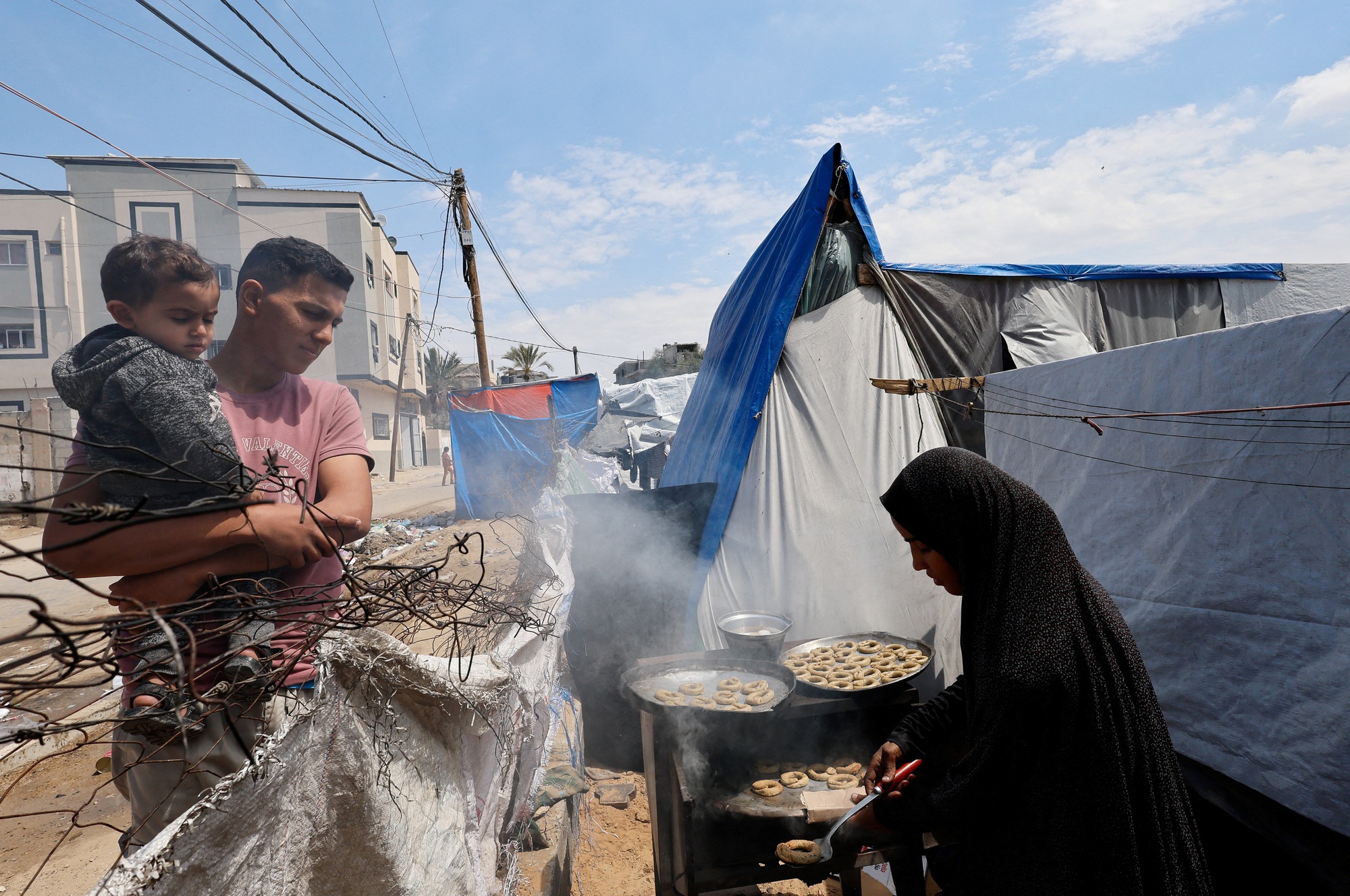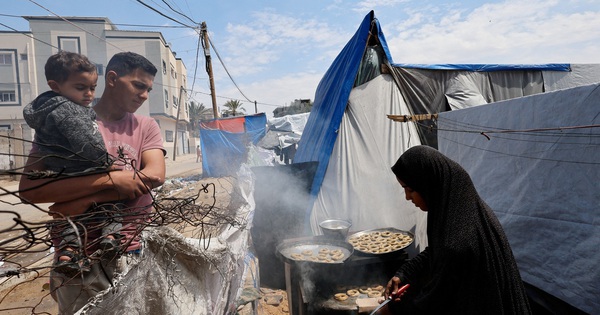The Dilemma Over Gaza
The conflict in Gaza continues to intensify, prompting countries to take drastic measures. Most recently, Turkey announced restrictions on the export of 54 different products to Israel, including steel, cement, aluminum, fertilizers, and aviation fuel. This move is in effect until a ceasefire in Gaza is achieved[^1].
Turkey’s Initiative
The Ministry of Trade in Turkey stated that this action, which came into effect on April 9th, is a significant step in Ankara’s response to the ongoing conflict. Following the outbreak of conflict in Gaza, Turkey and Israel withdrew their respective ambassadors, but this restriction on exports is the first significant measure taken by Turkey against Israel[^2].
Erdogan’s Domestic Pressure
According to Reuters, Turkish President Tayyip Erdogan is facing mounting pressure at home to sever trade ties with Israel[^3]. In March, the trade value between the two countries reached $423.2 million, with a total of $1.1 billion in the first quarter of 2024 (a 21.6% decrease compared to the same period last year)[^4].

Image: Palestinian family making traditional pastries for the Eid al-Fitr festival in a tent camp in Rafah on April 8th – REUTERS
Proposals and Negotiations
On the same day, Hamas announced they were still studying Israel’s proposal, which was received through intermediaries from Qatar and Egypt[^5]. According to Hamas, Israel’s proposal fails to meet their demands, which include an end to Israeli military operations, the withdrawal of Israeli troops from Gaza, and the return of displaced Palestinians to their homes. Nevertheless, Hamas stated that they will study the proposal and provide an answer to mediators[^6].
To facilitate negotiations, both Israel and Hamas sent delegations to Egypt over the weekend. The presence of William Burns, Director of the Central Intelligence Agency (CIA), was seen as a sign of increasing pressure from the United States on Israel[^7]. Al Jazeera reported that the U.S. wanted to promote a ceasefire agreement that would secure the release of Israeli hostages and allow Gazan civilians to escape the conflict zone[^8].
The Standoff
Israel’s stance is to secure the release of hostages, approximately 133 individuals, by releasing some Palestinian prisoners currently in custody. However, they are reluctant to end their military campaign in Gaza until they reach Rafah, despite opposition from many countries and organizations[^9].
Over a million Palestinians are currently cramped in Rafah, facing shortages of food and drinking water. Meanwhile, Israel considers Rafah to be the last stronghold for Hamas fighters[^10].
In this ever-evolving conflict, Turkey’s restriction on exports adds another layer of complexity to the situation. As tensions continue to rise, the international community eagerly awaits a resolution that ensures the safety and well-being of both Israelis and Palestinians.
For more finance and news articles, visit Business Today.
[^1]: Source: biztoday.us
[^2]: Source: biztoday.us
[^3]: Source: Reuters
[^4]: Source: biztoday.us
[^5]: Source: biztoday.us
[^6]: Source: biztoday.us
[^7]: Source: biztoday.us
[^8]: Source: Al Jazeera
[^9]: Source: biztoday.us
[^10]: Source: biztoday.us

